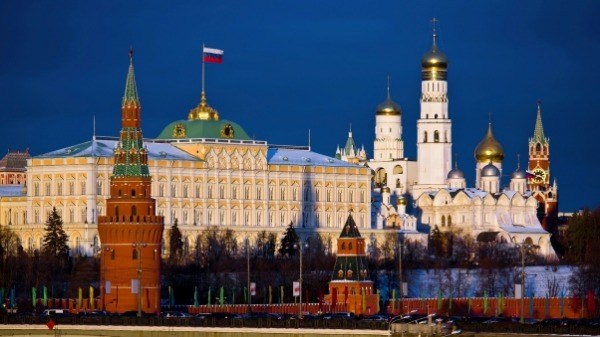Russia promises to present 'clear proposal' on Skripal case
At a session of the executive council of the Organization for the Prohibition of Chemical Weapons (OPCW) on April 4, Russia will present “a clear proposal” which will facilitate the Skripal case investigation, Russia’s permanent representative to the OPCW Alexander Shulgin told Rossiyskaya Gazeta in an interview.
“It is a simple, clear proposal, aimed at facilitating the investigation of the incident in Salisbury. I would not like to disclose it now, but believe me, it will be a good proposal, which should not cause any complaints,” he observed. According to Shulgin, it is in line with the requirements of the Convention on the Prohibition of Chemical Weapons and is aimed at “resolving the problem in a civilized manner”. He emphasized that Moscow is “more interested in determining the truth than the British”.
On Thursday March 29, Russian Foreign Minister Sergey Lavrov said that Russia is convening a session of the OPCW’s executive council in order to discuss the Skripal case. He emphasized that the Russian government has officially called for the convening of an extraordinary session in order to “achieve normal discussion and determine the truth”. “We will ask specific questions which have already been posed by us on multiple occasions,” Lavrov said.
On April 1, Russia’s permanent representative to the OPCW sent the organization’s technical secretariat 13 questions which interest Moscow in the investigation of the Skripal case. In particular, the Russian authorities demanded an explanation of the type of assistance the UK requested from the OPCW’s technical secretariat. Moscow would also like to know whether the OPCW intends to share with Moscow the information it received from London.
Former GRU (Russia’s Main Intelligence Directorate) Colonel Sergei Skripal and his daughter Yulia were discovered unconscious in Salisbury, England, on March 4. British Prime Minister Theresa May said that they had been poisoned with the “Novichok” nerve paralysis agent, which was developed in the USSR. The British authorities believe that Moscow was behind the poisoning.
